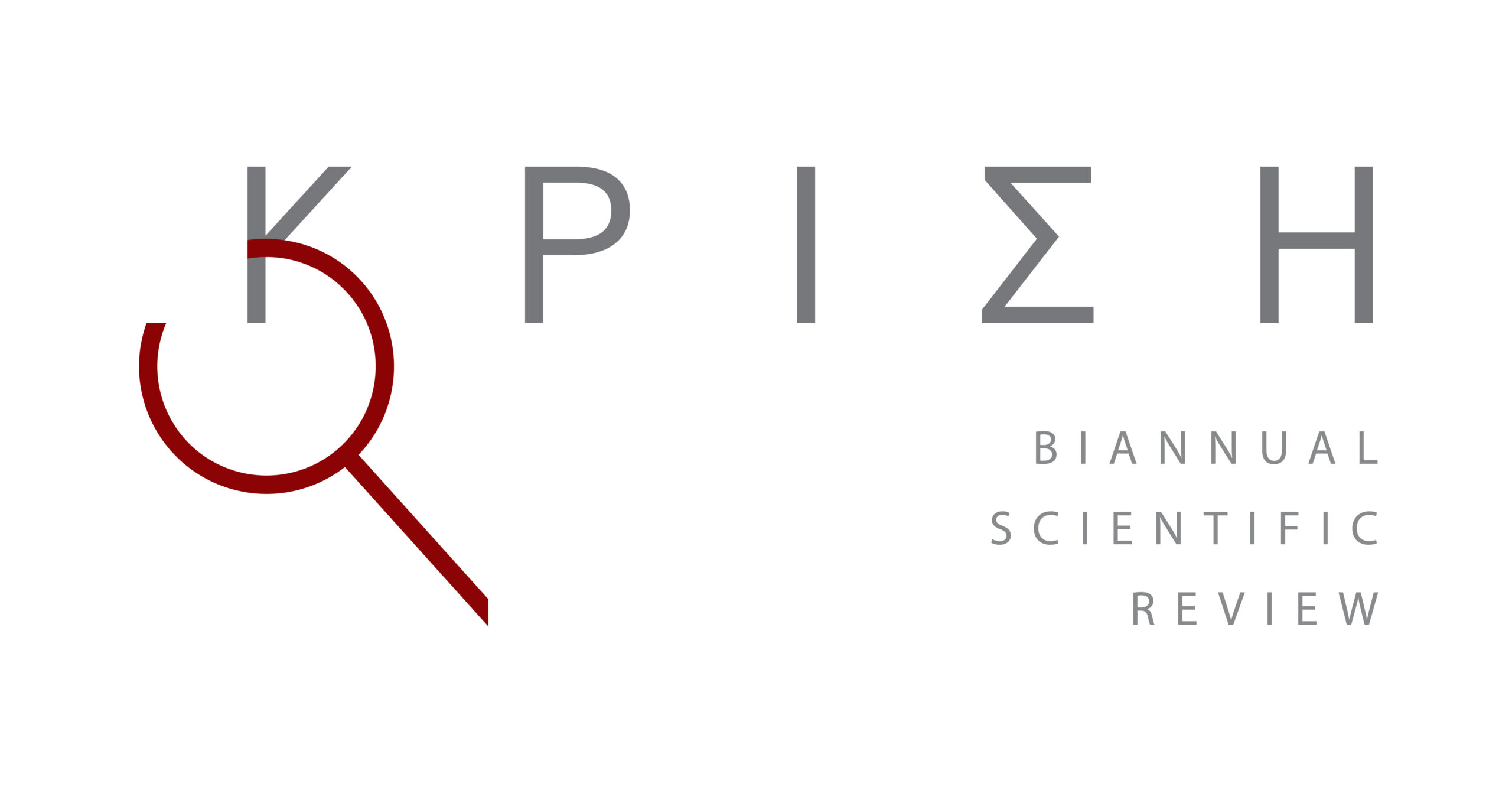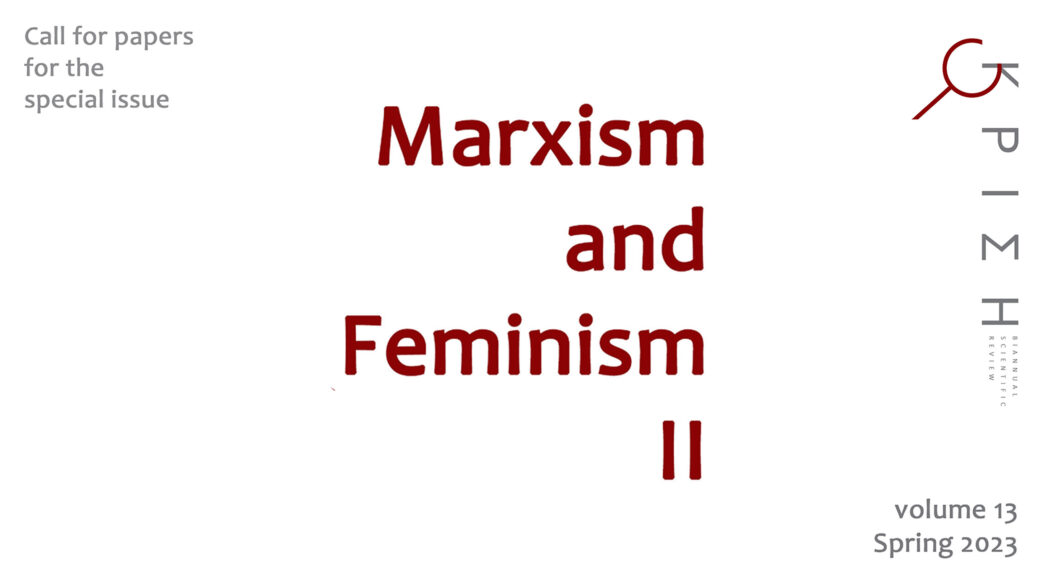Marxism and Feminism are two theoretical systems which aim at explaining social phenomena both in their current state and their historical development. At the same time, Marxism and Feminism are related to liberating movements within society which aspire to abolish class inequality, exploitation and oppression (in the case of Marxism) and gender inequality exploitation and oppression (in the case of Feminism). From a historical point of view, the theoretical and the political interconnection between Marxism and Feminism is far from being unproblematic or historically self-evident. The traditional Marxist conception, which springs from the work of Engels, reduces gender oppression and exploitation to class divisions. The former begins and ends with the latter and therefore the latter is overdetermining with regard to the former, both at the theoretical-scientific and political-practical level. In the 1960s, feminist thinkers (Marxist or not) of the so-called second wave of feminism, casted doubts on the traditional, reductionist perspective both on empirical and theoretical grounds. This development led to the emergence of a number of theoretical questions and opened up the conceptual space for the fruitful
theoretical examination of the interweaving of Marxism and Feminism. On the other hand, the emergence of the third wave, which was marked by the elaboration of new conceptual tools such as intersectionality, the dialogue of feminism with theoretical trends such as queer theory and post-colonial studies, and the connection of feminism with identity politics, seemed to lead Marxism and Feminism from an ‘unhappy marriage’ to a ‘consensual (?) divorce’. However, is this actually the case?
The Biannual Scientific Review KRISI has decided to devote a special issue to the matter and invites papers from the whole range of social sciences and humanities which are concerned with the relation between Marxism and Feminism. The main orientation of the issue is theoretical but papers dealing with the political practices of Marxists and Feminists will be also considered. A few indicative questions – which do not, in any sense, exhaust the possible subject matters of the papers – are the following:
- Which theoretical premises of Marxism contradict the theoretical premises of feminism?
- Conversely, which is the theoretical common ground between Marxism and Feminism?
- In which ways can feminist theory transform Marxist theory and vice versa?
- How are class and gender oppressions related?
- What is the relation between capitalism, but also other modes of productions as they are described by Marxism, with patriarchy?
- How could the change of the social formations, on the ground of the change of the dominant modes of production, be reconciled with the transhistorical nature of patriarchy?
- Respectively, how is associated the gender-based/sexual division with the class division and the modes of production?
- Is it possible to combine intersectionality as a conceptual and methodological tool with a Marxist perspective on society, and if so, to what extend and in what way?
- Is it possible to combine queer theory and/or post-colonial studies with Marxism, and if so, to what extend and in what way?
- What are the conceptual presuppositions of the constitution of the interweaving of a Marxist and Feminist discourse?
Proposed abstracts should be submitted, as attachments, to the editorial board of KRISI (info@krisi.gr). Please send an extended abstract (1000 words, including footnotes; references do not count toward the word limit) in Greek or English that outlines the aims as well as the theoretical and methodological orientations of the article. All abstracts will undergo a double-blind review process. The main body of the e-mail should also include each author’s name, email address, affiliation, and a 50-word biographical statement. If abstracts are accepted, we will invite authors to submit full-length articles (maximum 10000 words). Articles should not have been published previously in any language.
Language: Greek and English
Abstracts should be submitted by January 31, 2023
Authors invited to submit papers will be notified by February 28, 2023
Paper submission deadline: 30th April 2023
Keynote authors:
Konstantina Antiochou
Athina Athanassiou
Eirini Avramopoulou
Angela Dimitrakaki
Stathis Psillos
Jiřina Šmejkalová
If you have any queries, please contact the editorial board of
KRISI (info@e-krisi.gr).

